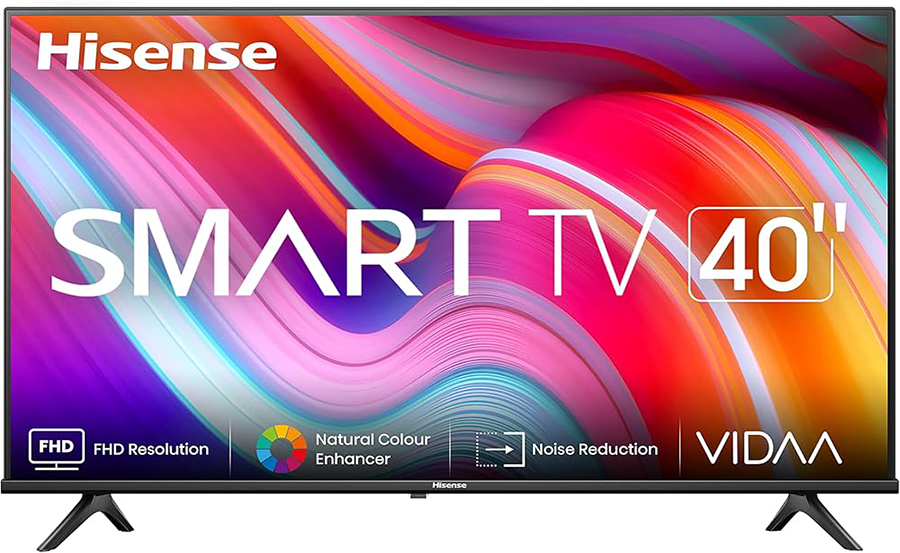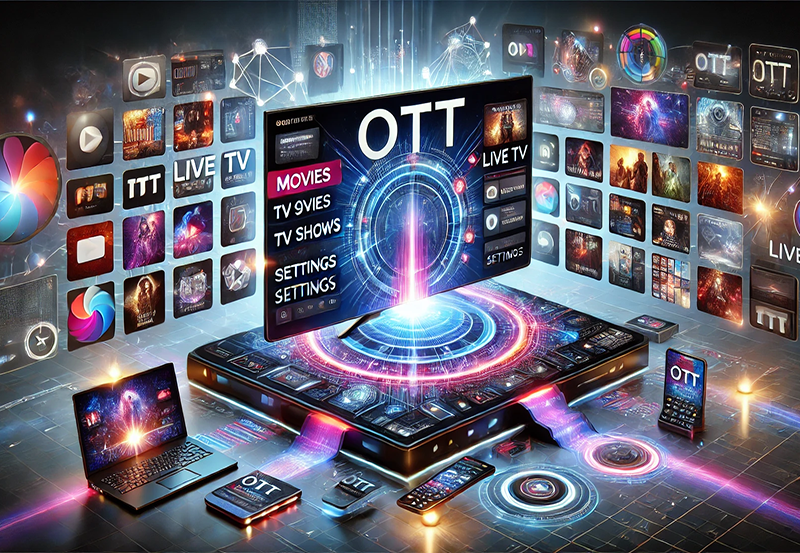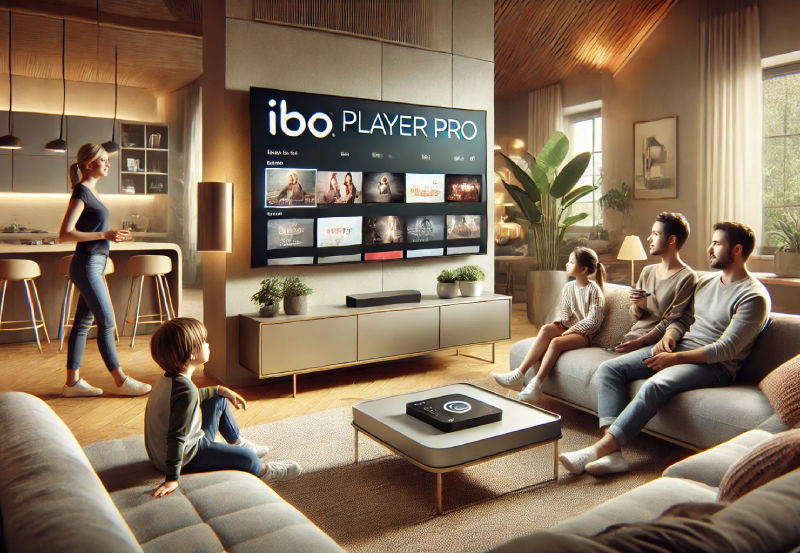Choosing the right television for your living space is more complex today than ever before, with technology advancing at such a rapid clip. Specifically, Hisense and Samsung TVs stand out in the world of smart TVs, each offering unique features and a range of models that cater to different needs. How do you decide which is the right choice for you? Let’s examine these two leading brands in detail.
The Evolution of Smart TVs in the Modern Age
The journey of smart TVs began with a simple idea – to connect our televisions to the internet, transforming our viewing habits forever. Both Hisense and Samsung have played significant roles in this evolution, offering consumers a blend of innovative features and reliable performance. With internet accessibility, we now have the opportunity to explore endless content beyond traditional broadcasts. This transformation is not only about entertainment but also about a seamless integration of technology into our daily lives.
Understanding Key Features: What to Look For
When deciding between Hisense and Samsung, it’s crucial to understand their core features. This includes screen resolution, refresh rate, and smart functionalities that impact how we consume our media. Evaluating these aspects can help decide what aligns with your preferences and enhances your viewing experience.
Pro Tip:
Experience unparalleled streaming quality with Xtreme HD IPTV, the perfect solution for UK and global channels.
Screen Resolution and Display Technology
Resolution remains a pivotal element in the TV buying decision. Both Hisense and Samsung offer 4K and 8K models, catering to the standard expectations for high-definition viewing. For some, however, the choice isn’t solely about resolution but also about indigenous technologies like Samsung’s QLED or Hisense’s ULED, which present different ways to deliver colors and contrast.
Smart Features and Connectivity
Today’s smart TVs are not just about picture quality but connectivity as well. Samsung’s Tizen OS and Hisense’s VIDAA U offer seamless interfaces for accessing apps and content. Integration with smart home devices adds another layer of functionality.
Connecting with the best IPTV service providers expands TV viewing options, unlocking a wider world of on-demand channels through a smart integration of service and hardware. For IPTV resellers, these apps represent opportunities to cater to diverse client needs.
Pricing: Where Does Your Budget Fit?
Costs can vary significantly between Hisense and Samsung. Hisense tends to offer more budget-friendly options with competitive features, while Samsung often comes at a premium, promising advanced technologies and luxurious design. Understanding your budget constraints and priorities is key in making a choice that fits your financial situation and desired quality.
Performance and User Experience
User satisfaction often comes down to performance metrics, from the responsiveness of the interface to the reliability of the TV itself. Comparing customer reviews and technical specifications can provide insight into what to expect day to day. Both brands excel in different categories, so outlining what matters most to you will help steer you in the right direction.
Audio and Visual Performance
While a great picture may captivate you, the sound is equally pivotal in creating an immersive experience. Samsung might lead with its premium sound bars and integration, but Hisense is no slouch, offering Dolby Atmos in some models, which elevates the audio game significantly.
Maintenance and Technical Support
Beyond the initial setup, anticipate how much maintenance and support you might require. Both Samsung and Hisense have different levels of customer service and warranty options, with Samsung often praised for its prompt and comprehensive support services.
Transforming Your IPTV Viewing Habits
As technology continues to evolve, IPTV (Internet Protocol Television) is becoming a popular method for streaming content. This shift in viewing habits highlights the need for TVs with robust processing power and advanced connectivity to accommodate streaming services smoothly.
- Opt for models with powerful processors for seamless streaming.
- Ensure compatibility with the best IPTV service providers for a versatile channel selection.
- Look for user-friendly interfaces that simplify the setup and use of IPTV services.
Final Thoughts: Making the Choice
The decision between a Hisense and a Samsung smart TV ultimately comes down to personal priorities. Are you looking for a budget-friendly, feature-packed model, or does investing in cutting-edge technology with a brand known for its prestige appeal more to you? Examine your needs and match them with the strengths of each brand to find the TV that will complement your lifestyle and viewing preferences perfectly.
Frequently Asked Questions

What is the main difference between Hisense and Samsung TVs?
The main difference lies in the pricing and technology options available. Samsung often offers more advanced features at a higher price point, while Hisense provides competitive technology for budget-conscious consumers.
Can both Hisense and Samsung TVs support IPTV services?
Yes, both brands offer smart TVs that support IPTV services, allowing users to connect to various service providers and enjoy a wide range of channels and content.
Which brand offers better customer support and warranty services?
Generally, Samsung’s customer support and warranty services are highly regarded, though Hisense also offers dependable support. Your experience might vary based on the region and service center accessibility.
How do Hisense and Samsung compare in terms of smart features?
Samsung smart TVs feature Tizen OS, known for its robust app ecosystem and interface, whereas Hisense offers VIDAA U, which is user-friendly and responsive, ideal for straightforward navigation of features.
Are there specific models recommended for gaming on both brands?
If gaming is a priority, ensure low input lag and high refresh rates. Samsung models with QLED technology and Hisense models featuring game mode enhancements are excellent choices.
Stream Smarter: Setting Up Your FireStick After Ditching Cable




